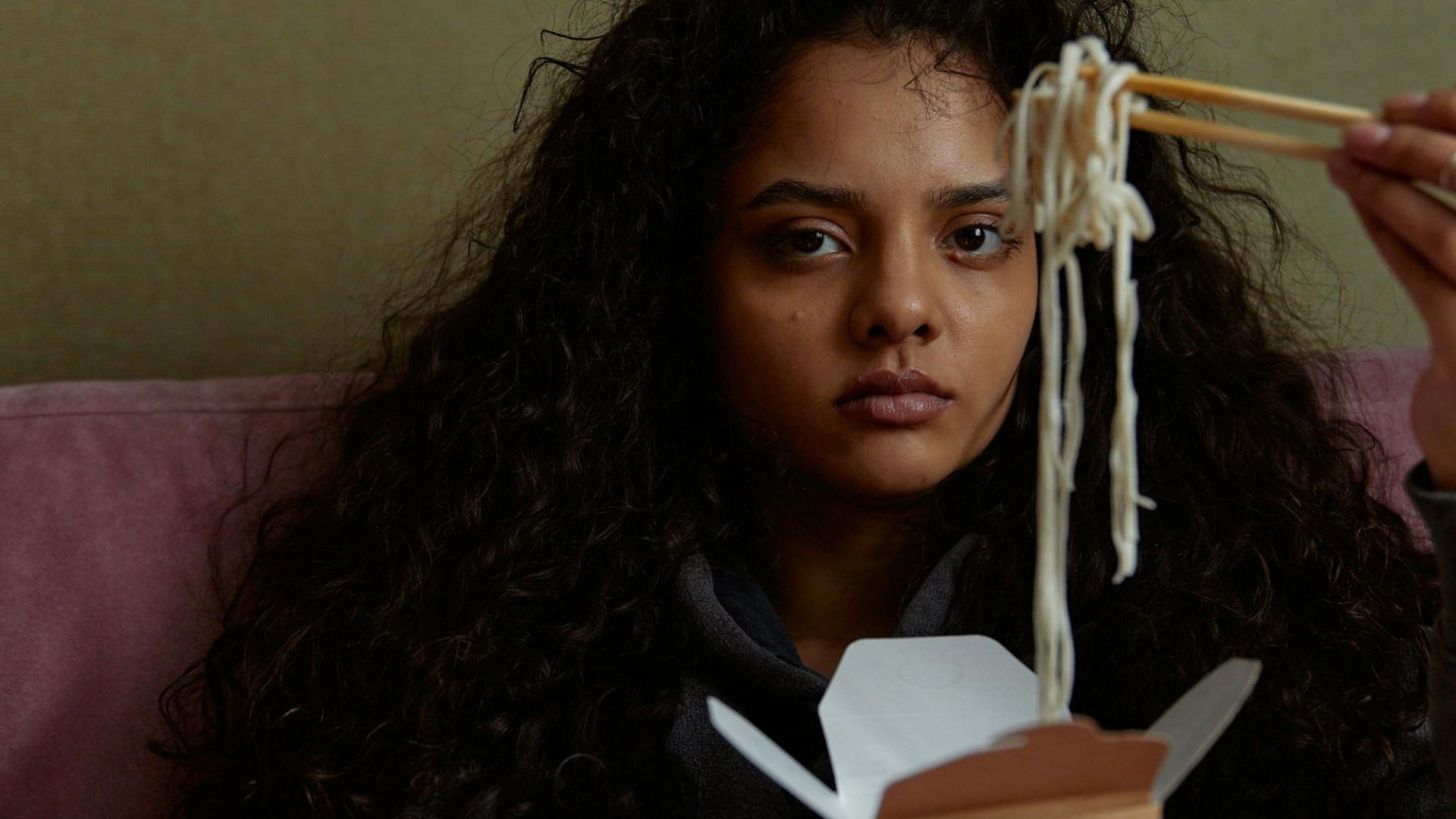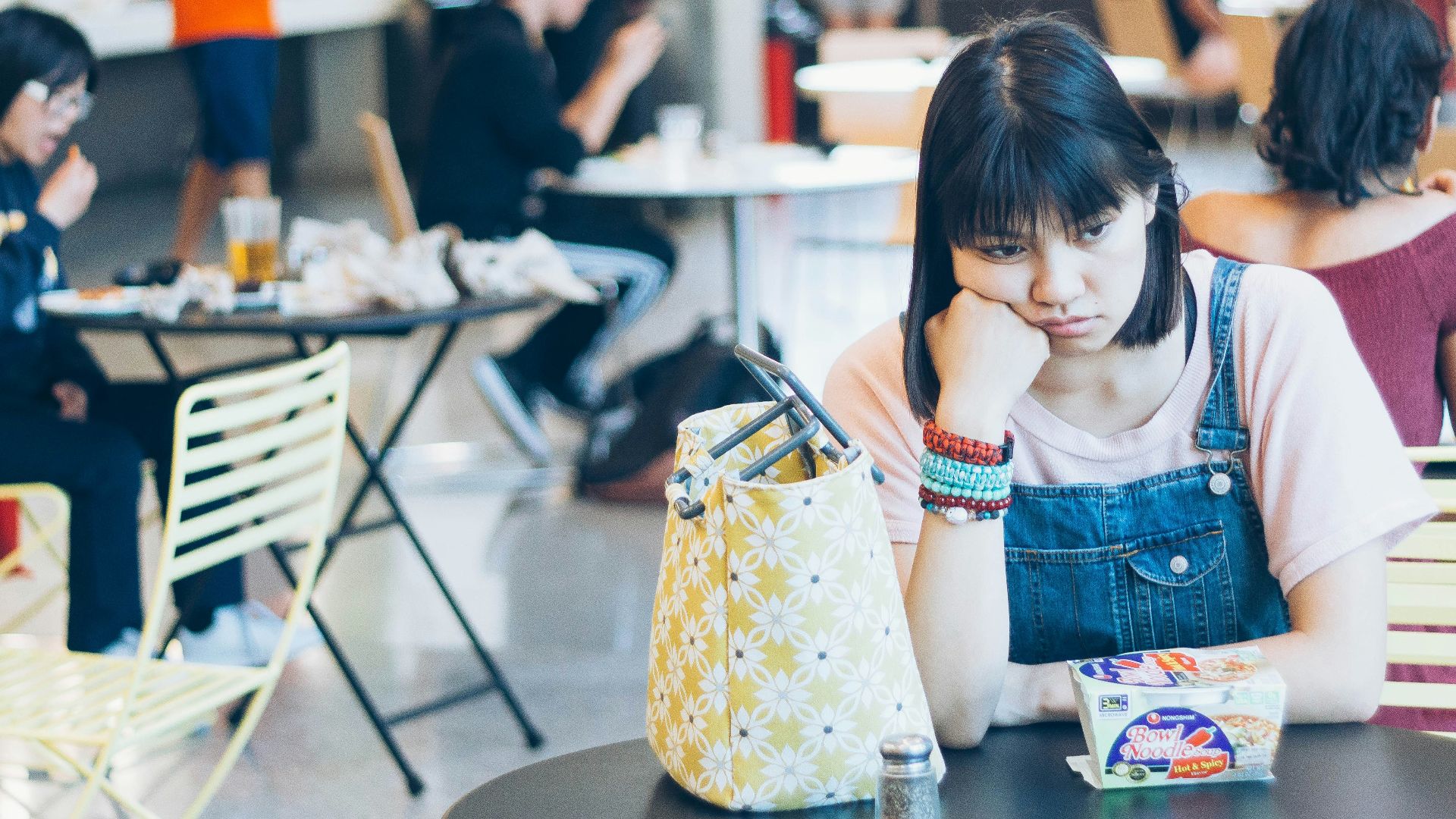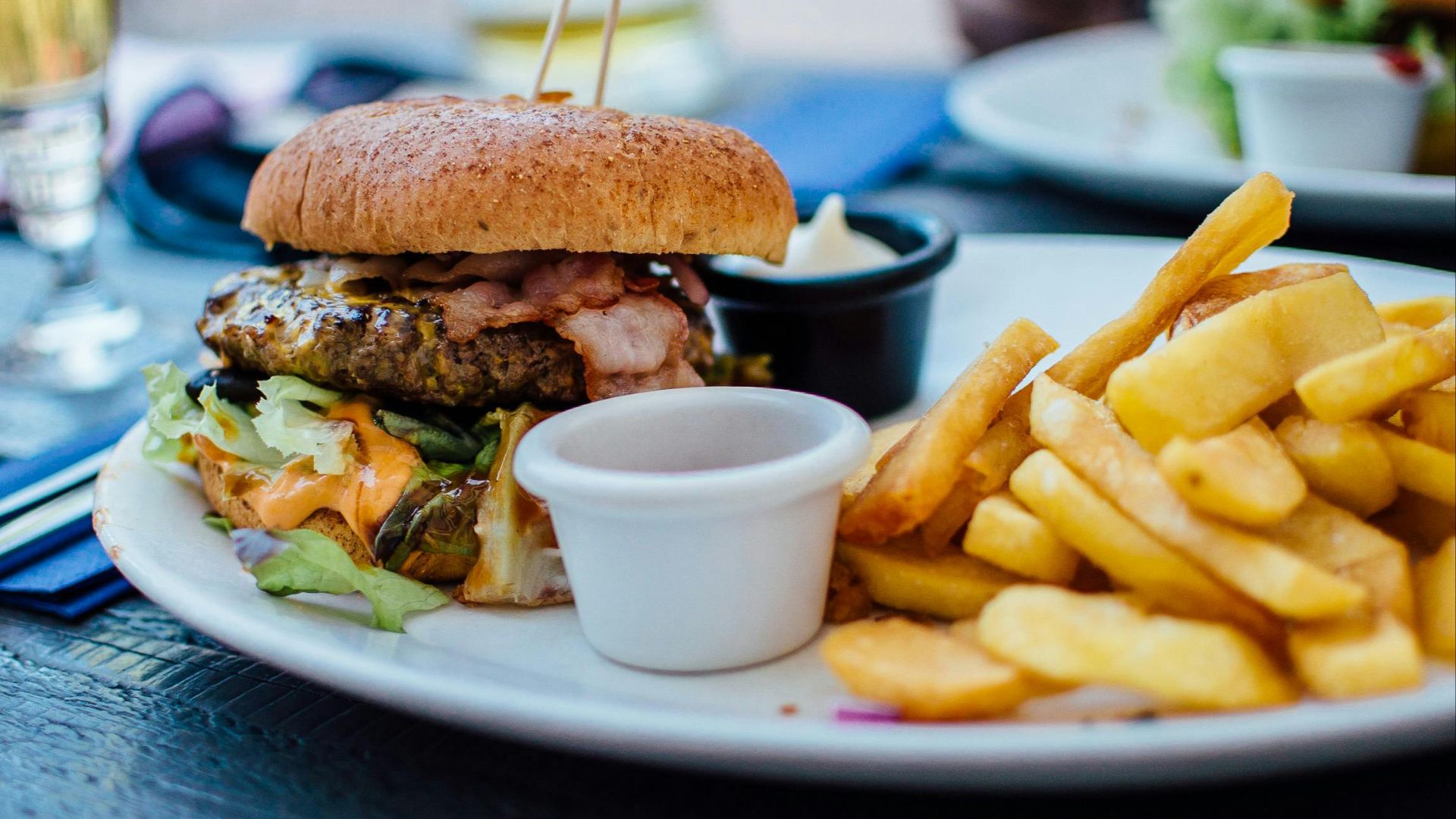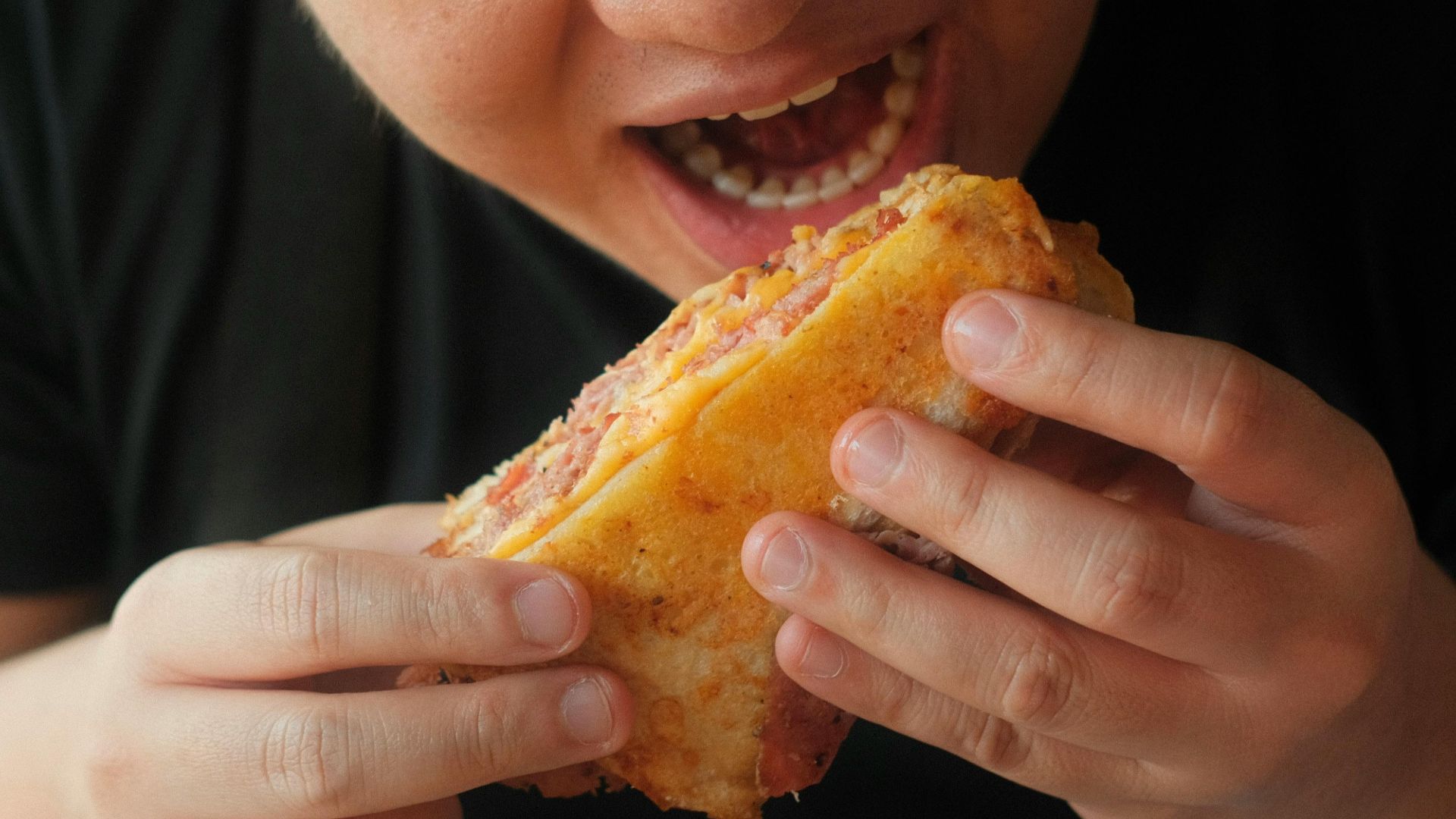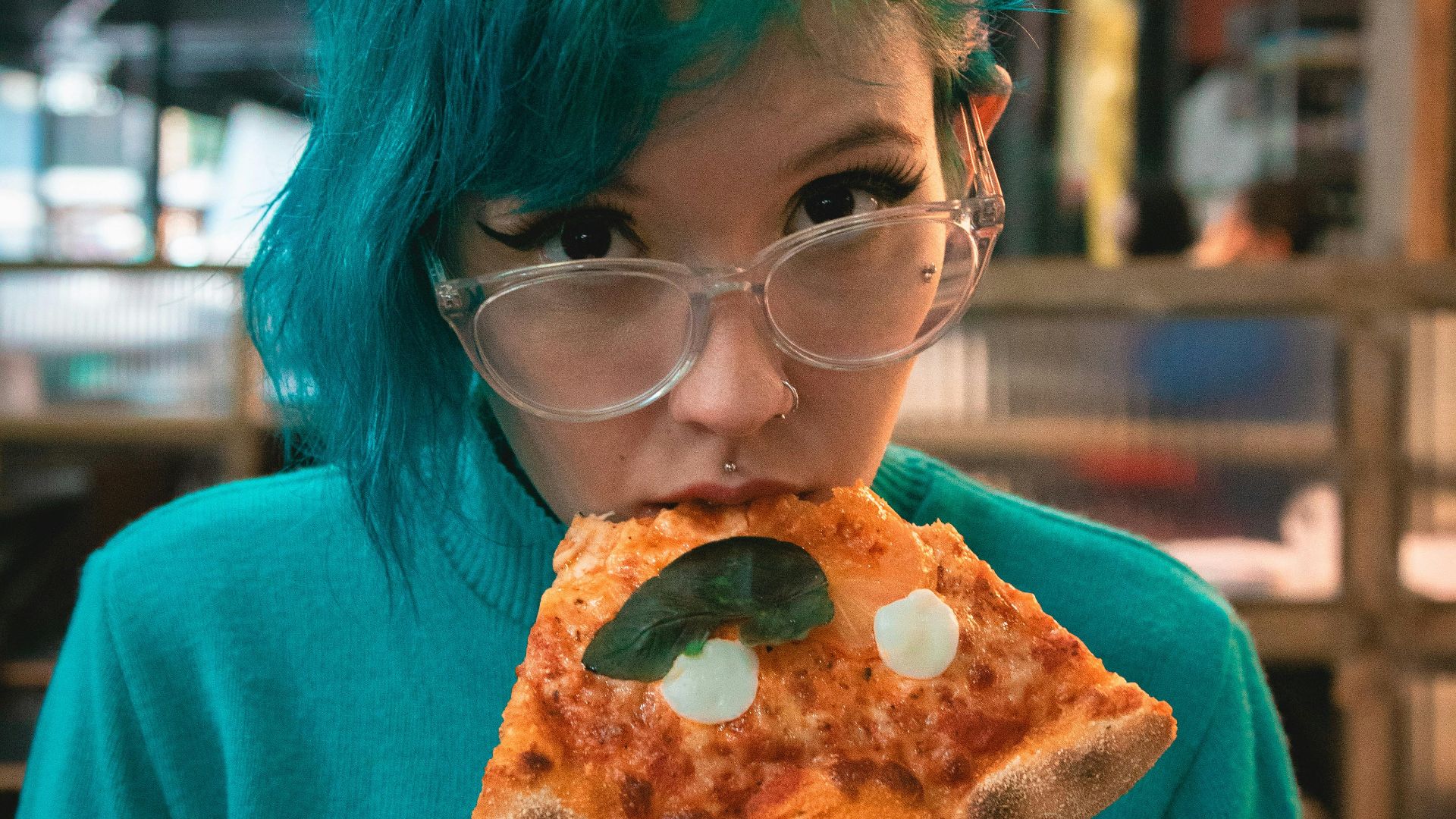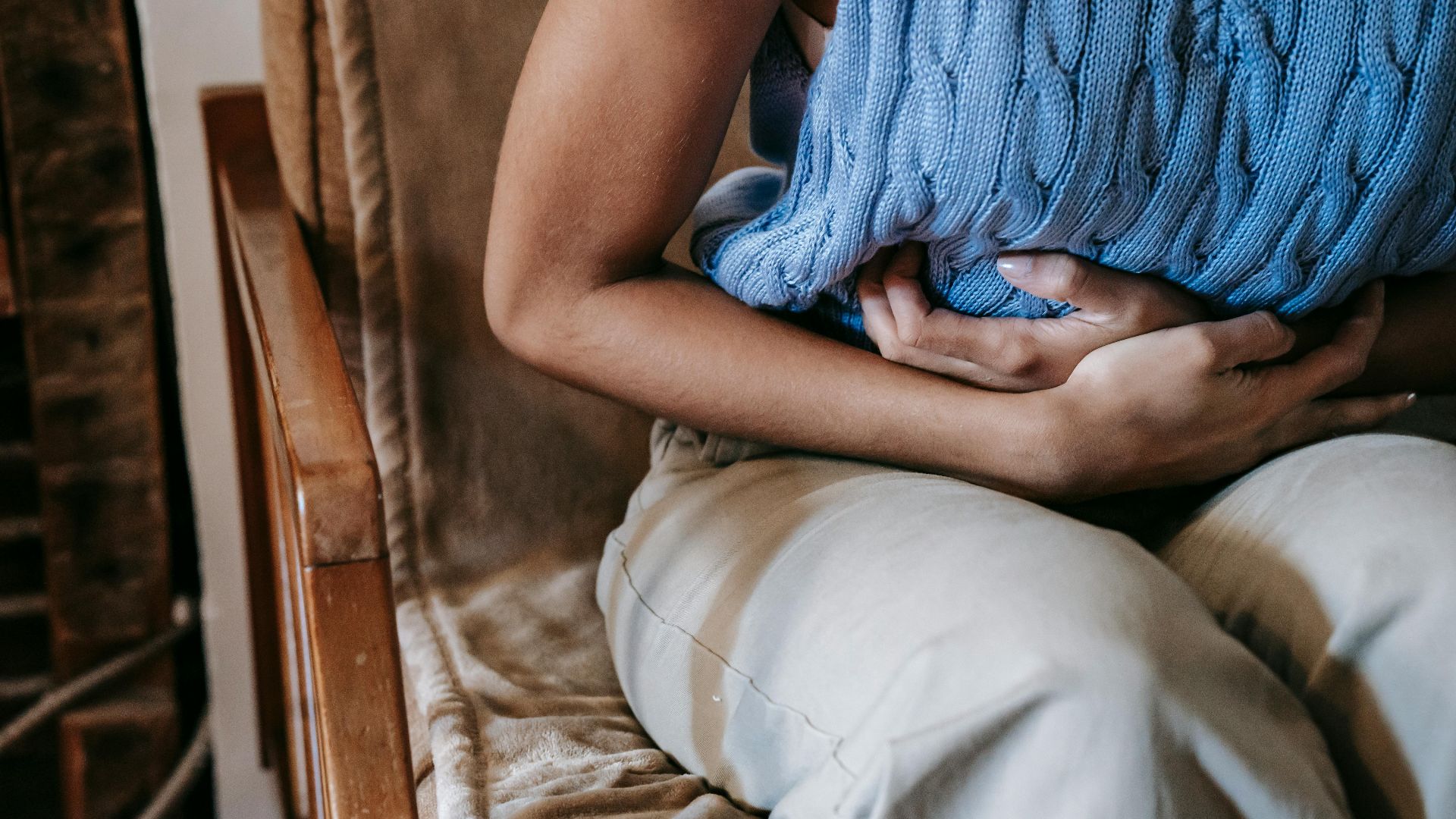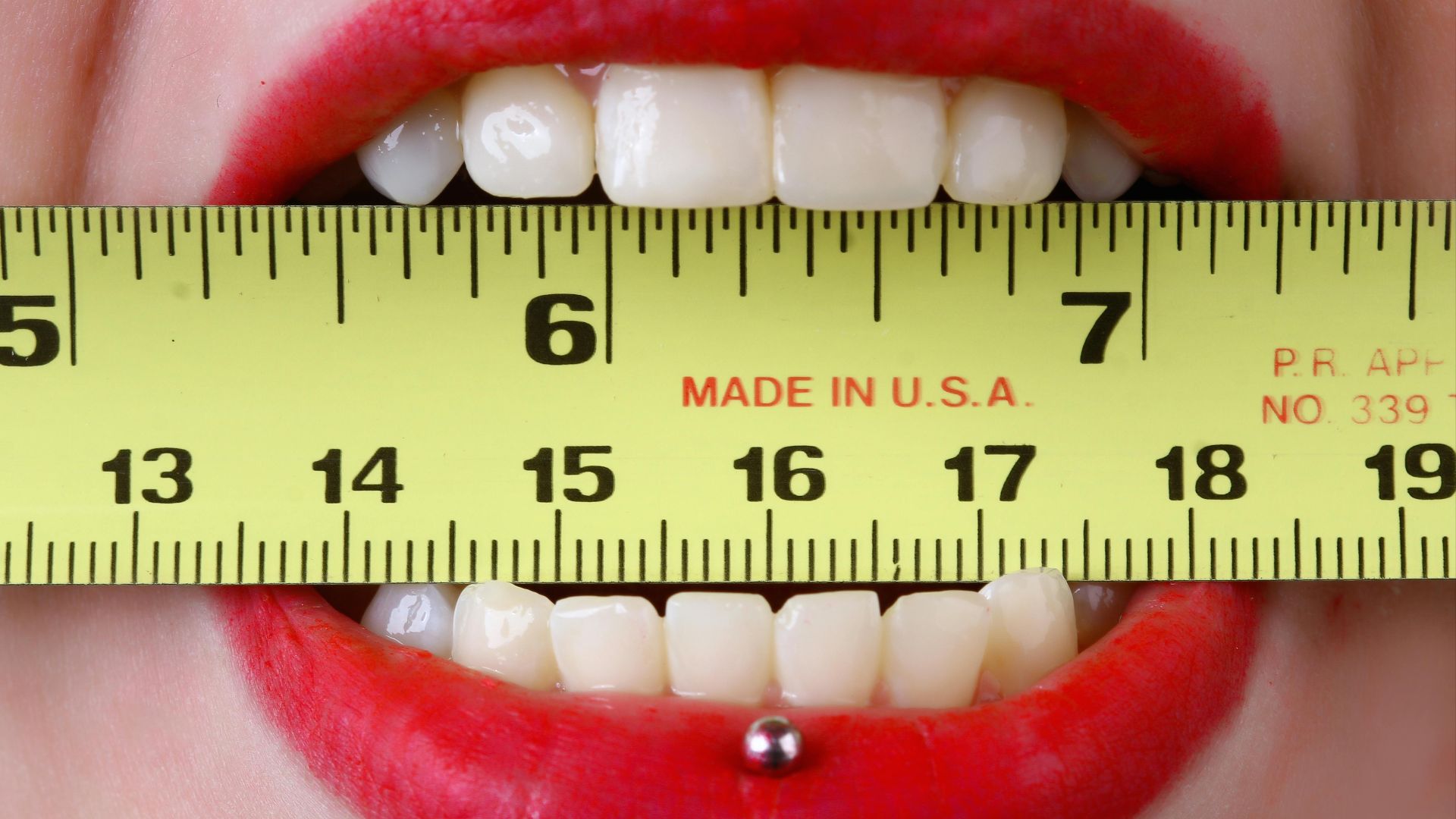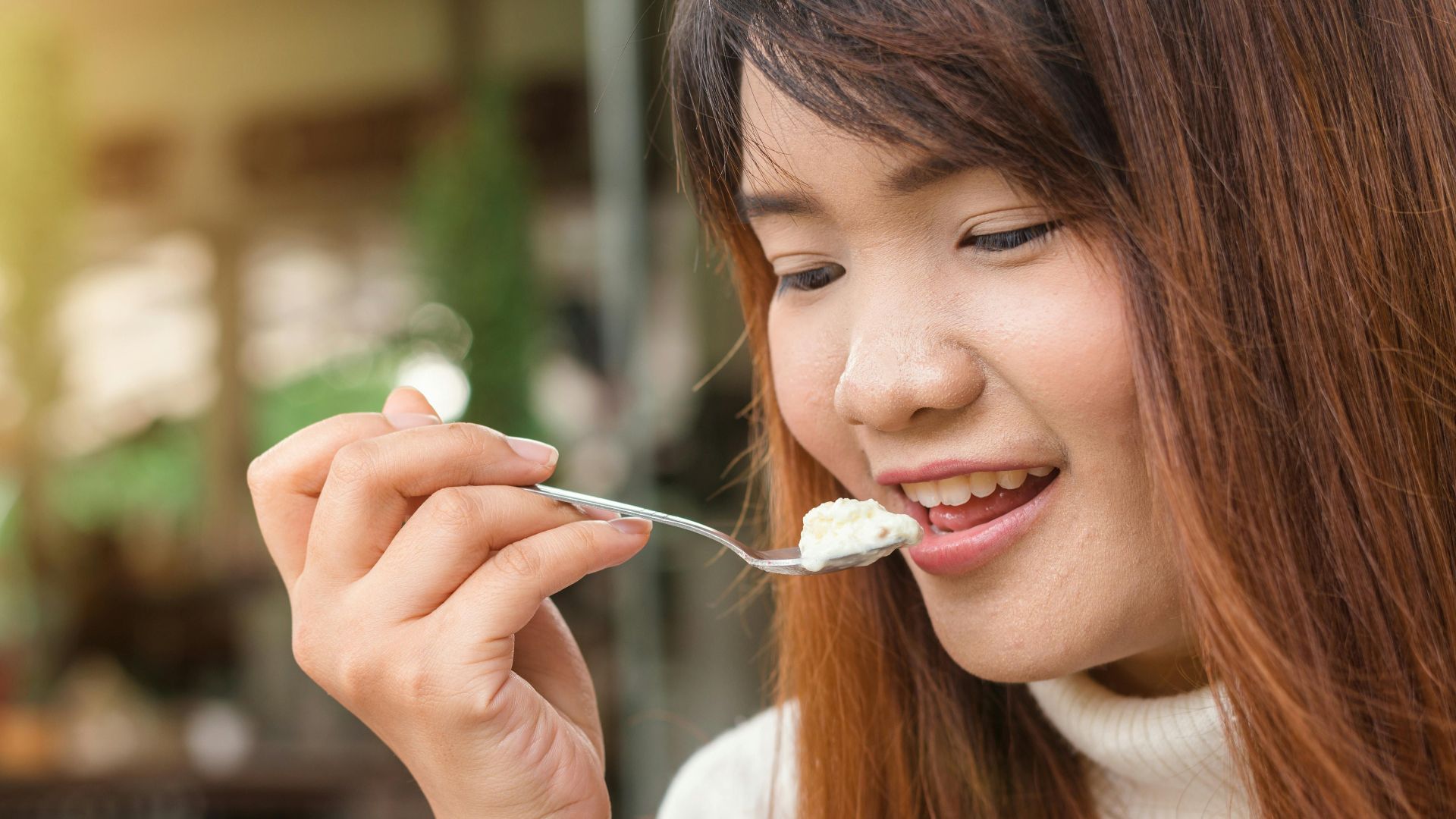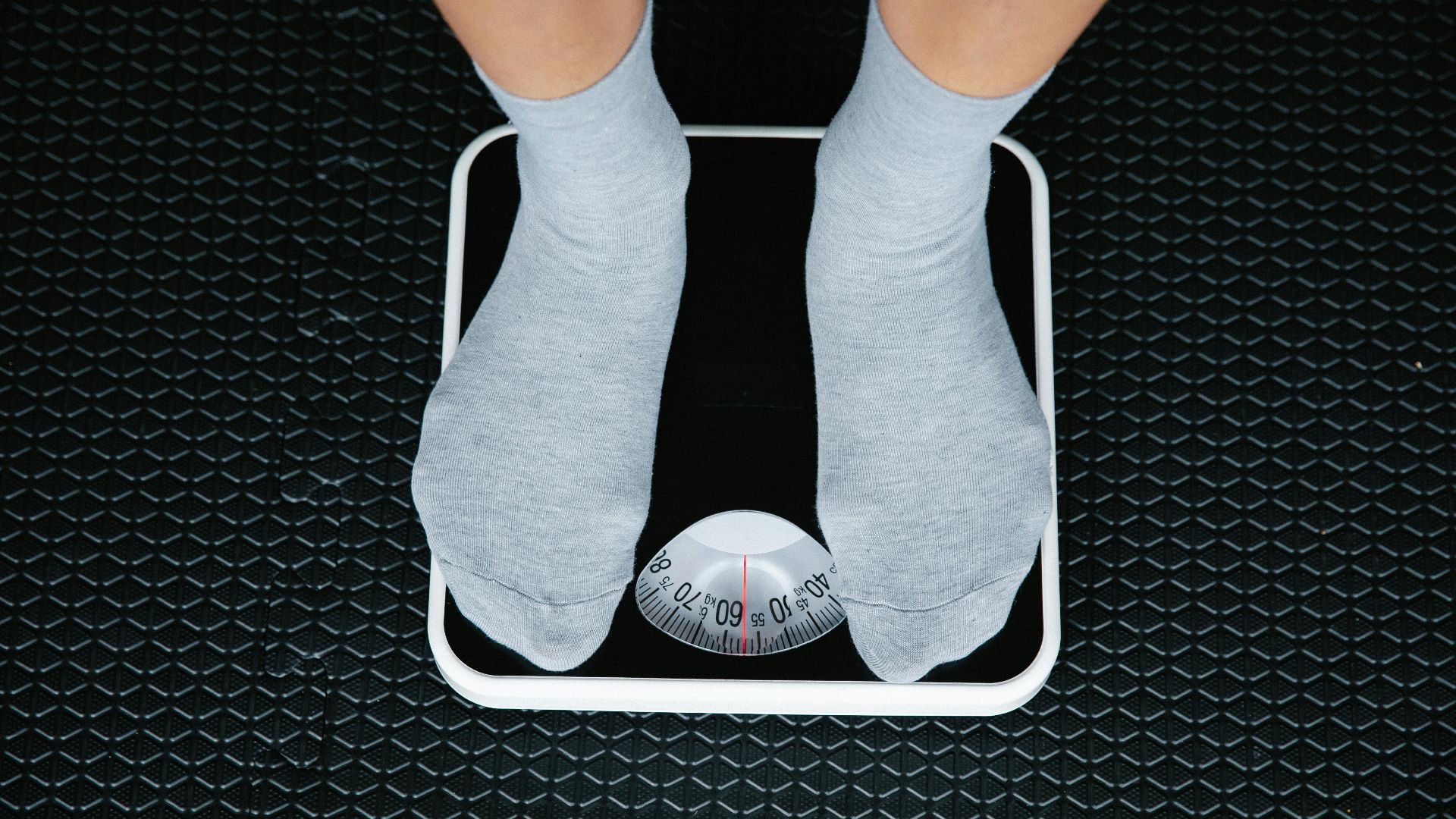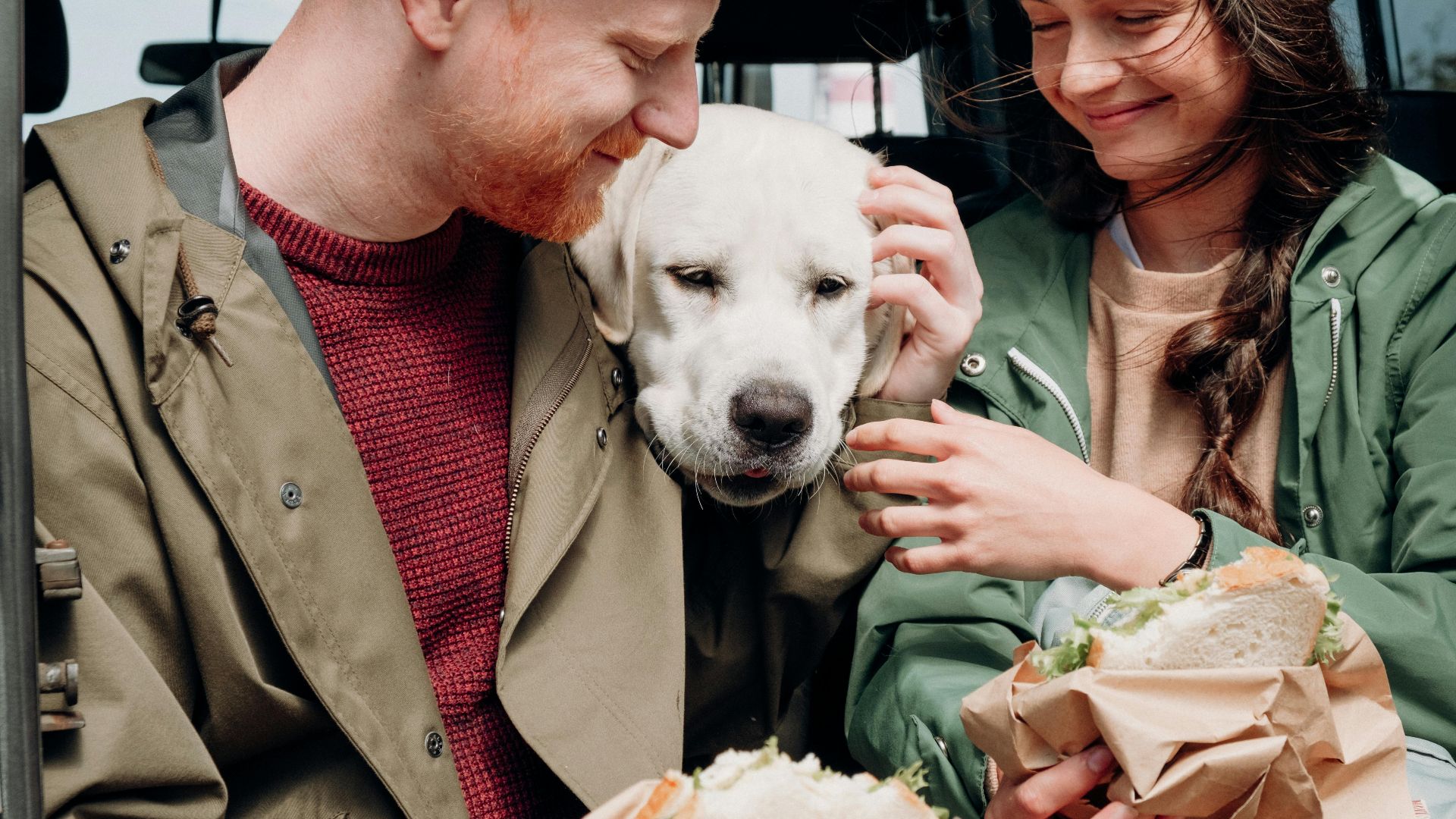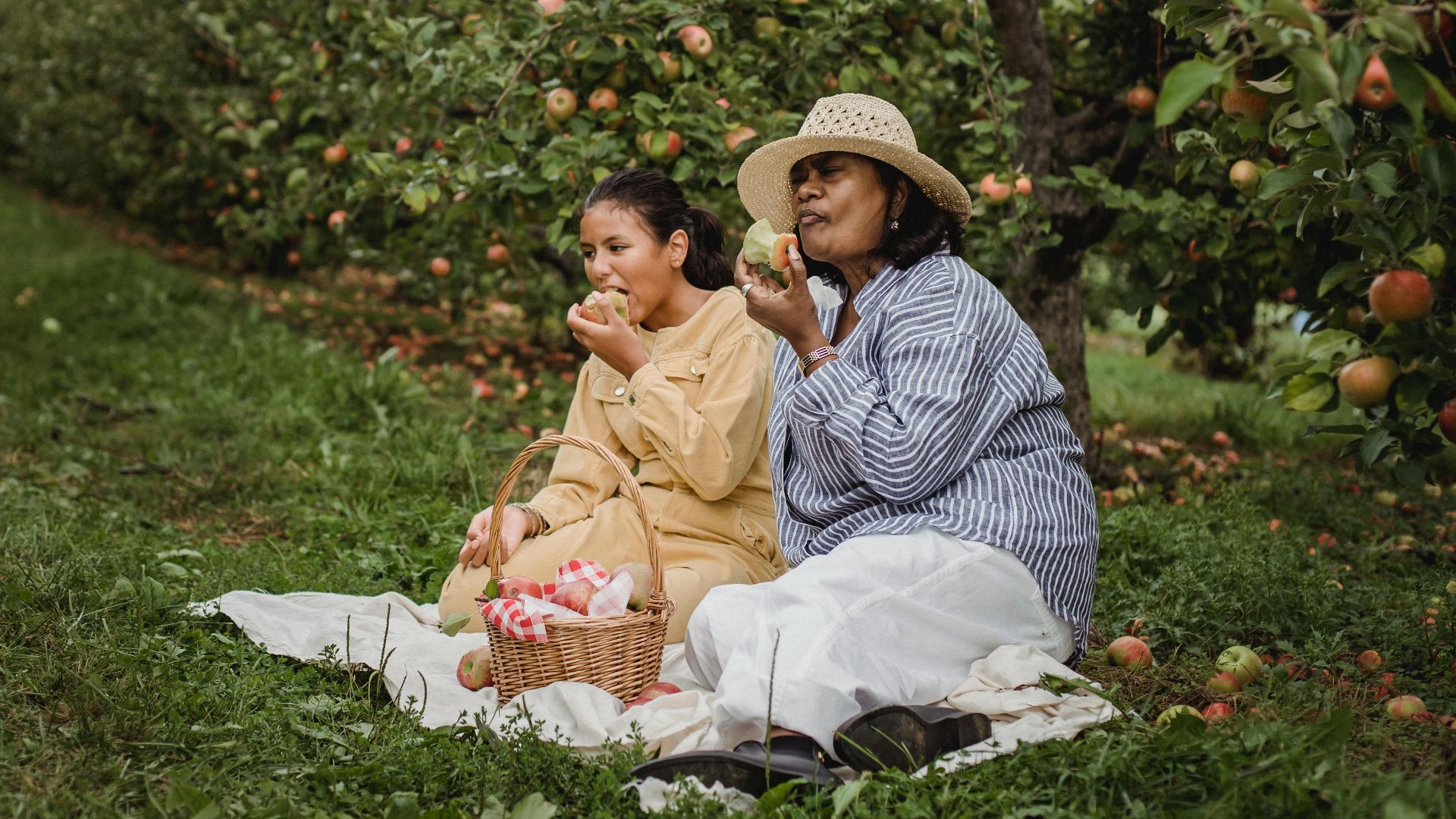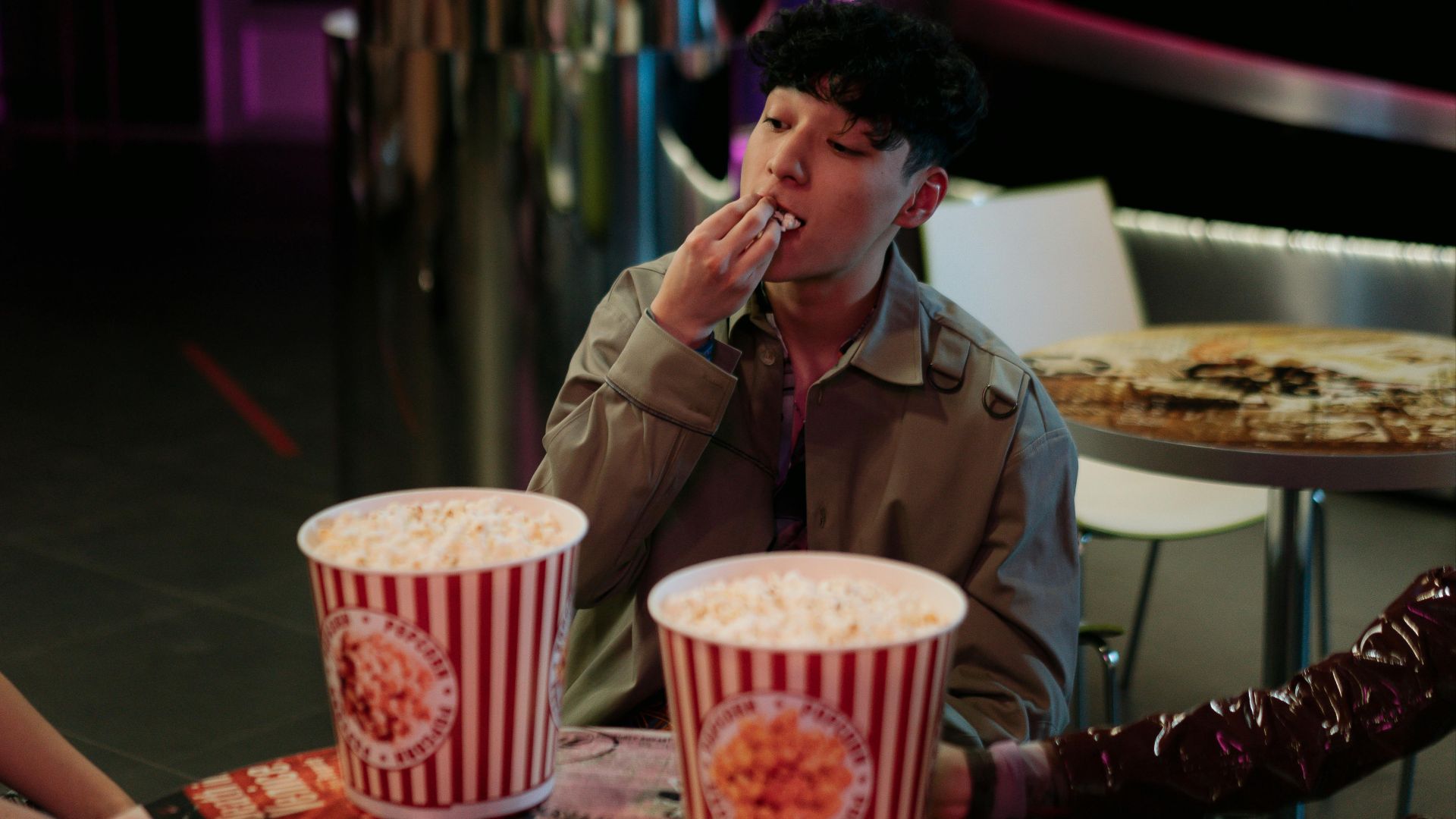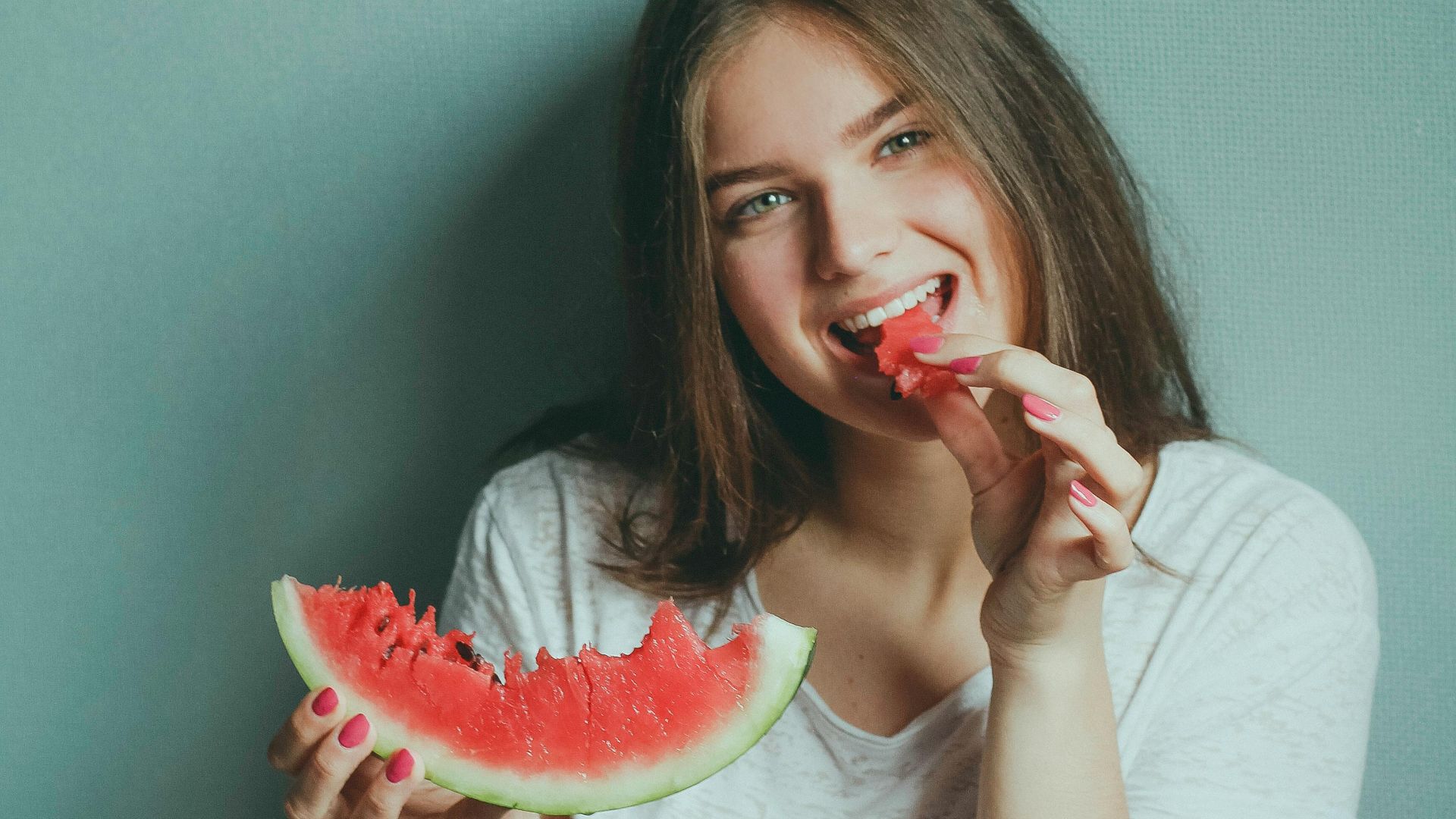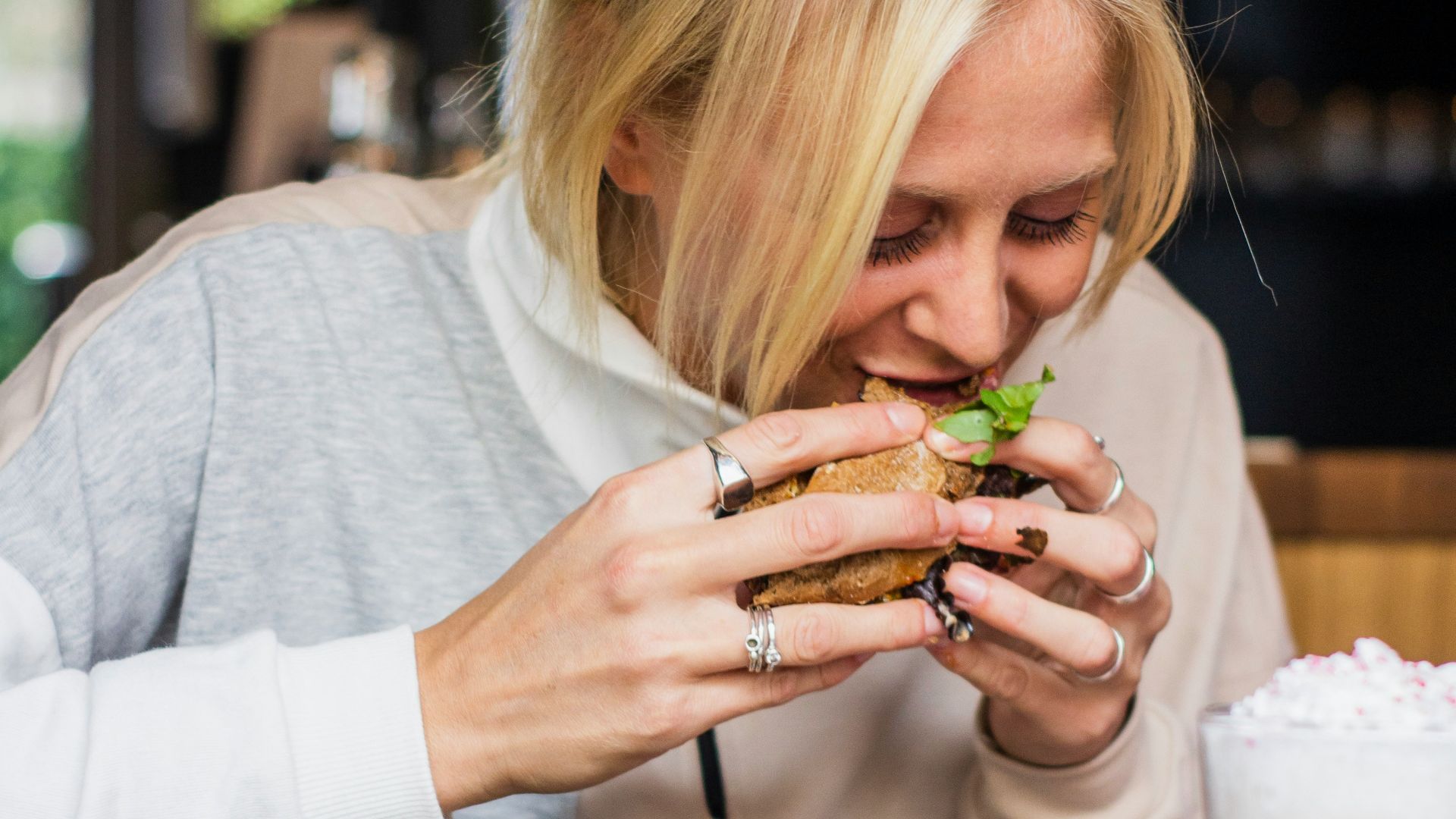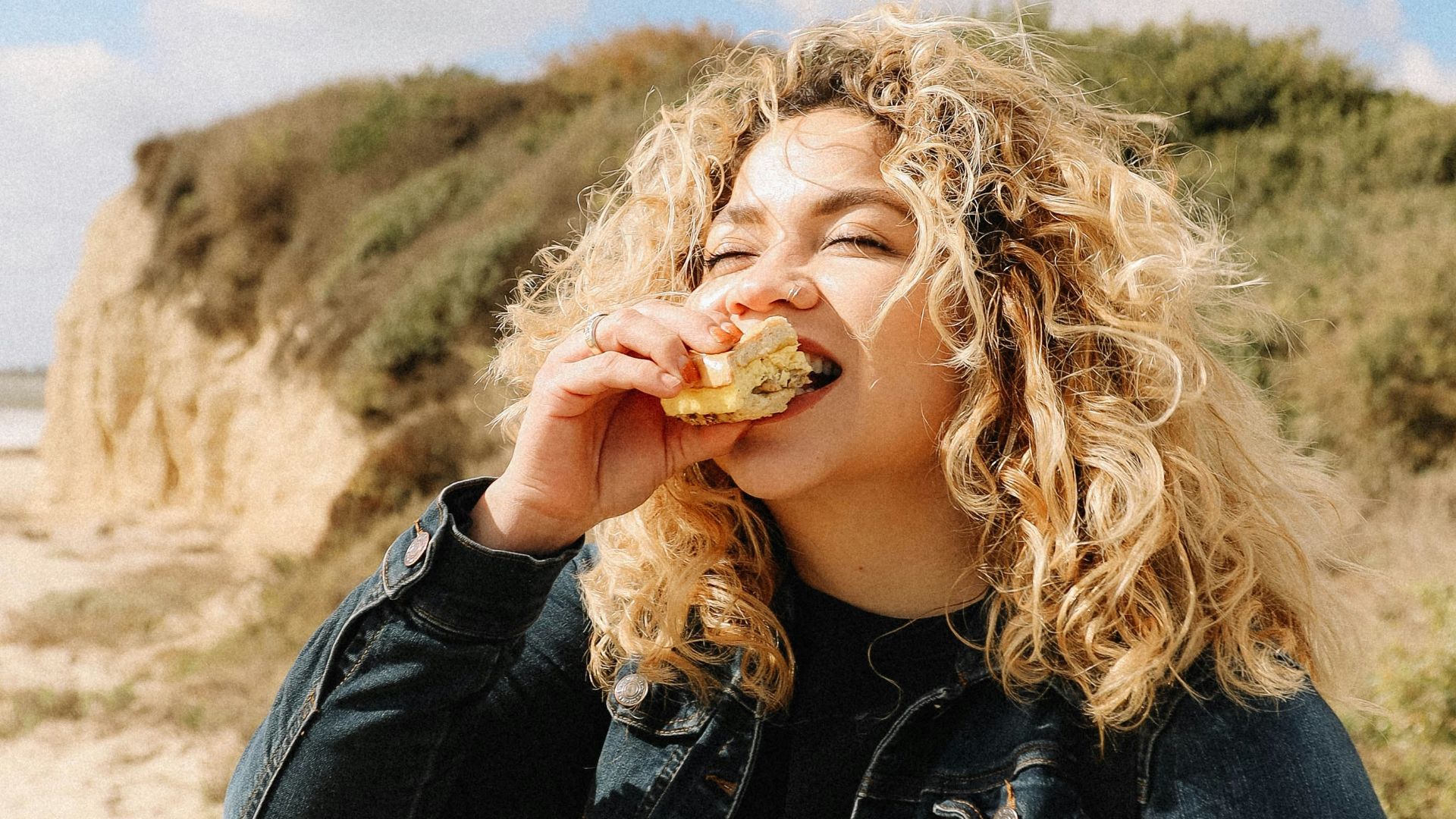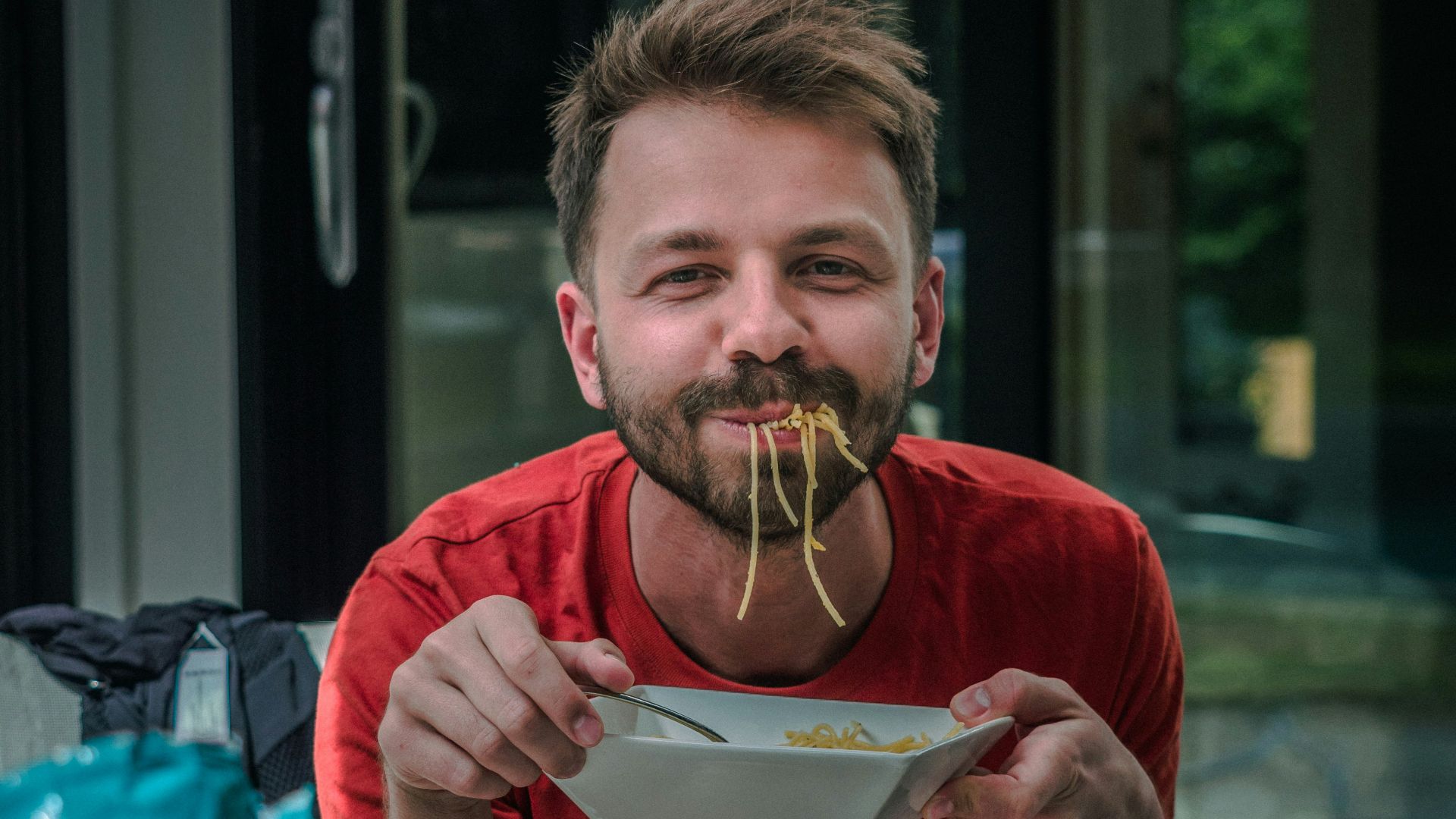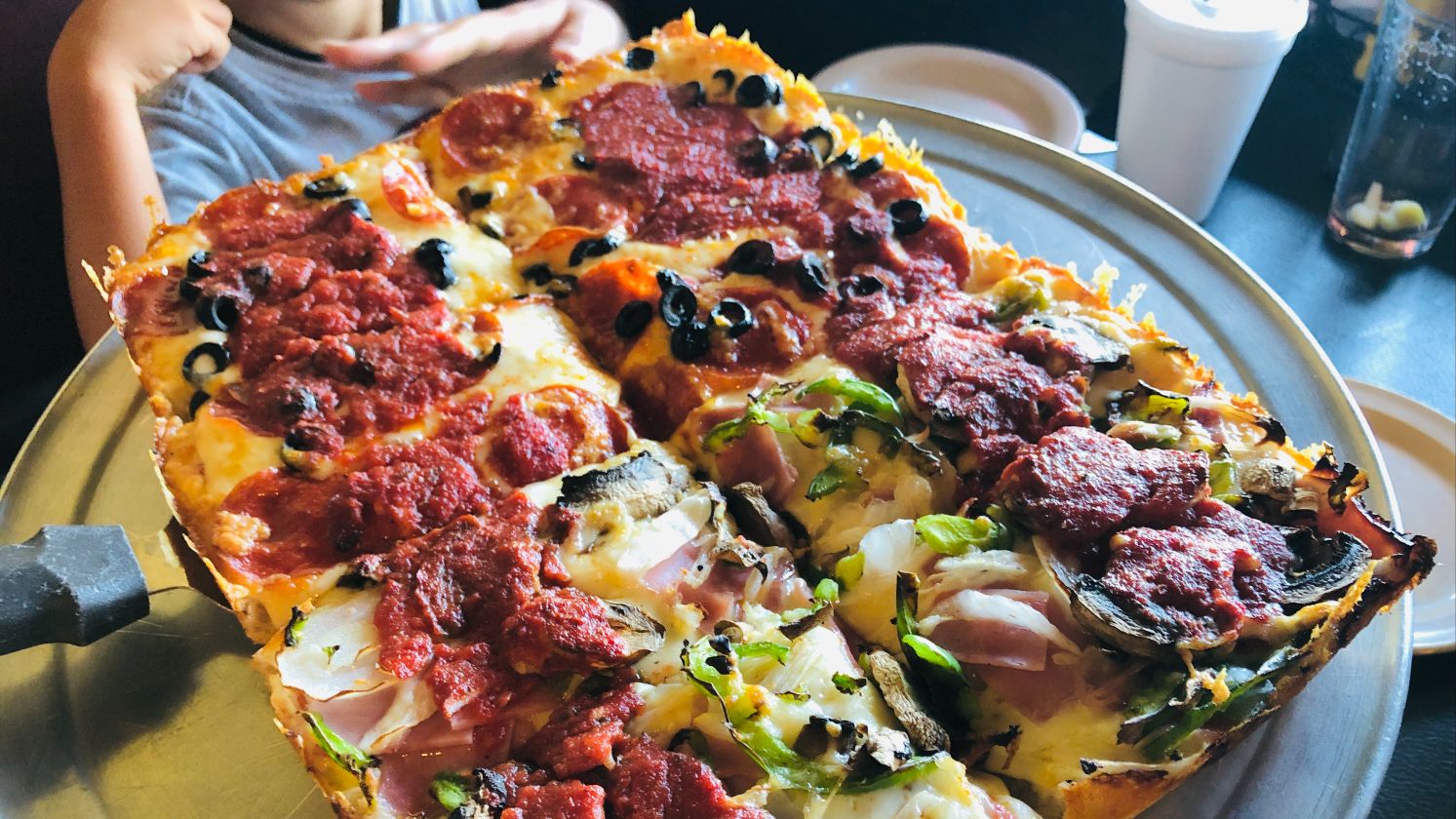10 Signs You Have An Awful Relationship With Food & 10 Signs It’s Healthy
How is Your Relationship With Food?
Though people talk about their “relationship” with food, it’s not always easy to understand. Is ours healthy? Does it need improvement? What does a poor relationship look like? Don’t worry, we’re here to break down some signs that you’re on the right path—and signs that you might not be.
1. You Feel Guilty Eating Certain Foods
Food and guilt don’t belong together. It’s never a good sign if you’re ashamed after eating certain foods, or feel the need to “punish” yourself afterward. While it’s important to consume healthy options, you shouldn’t chastise yourself for crossing any imaginary lines.
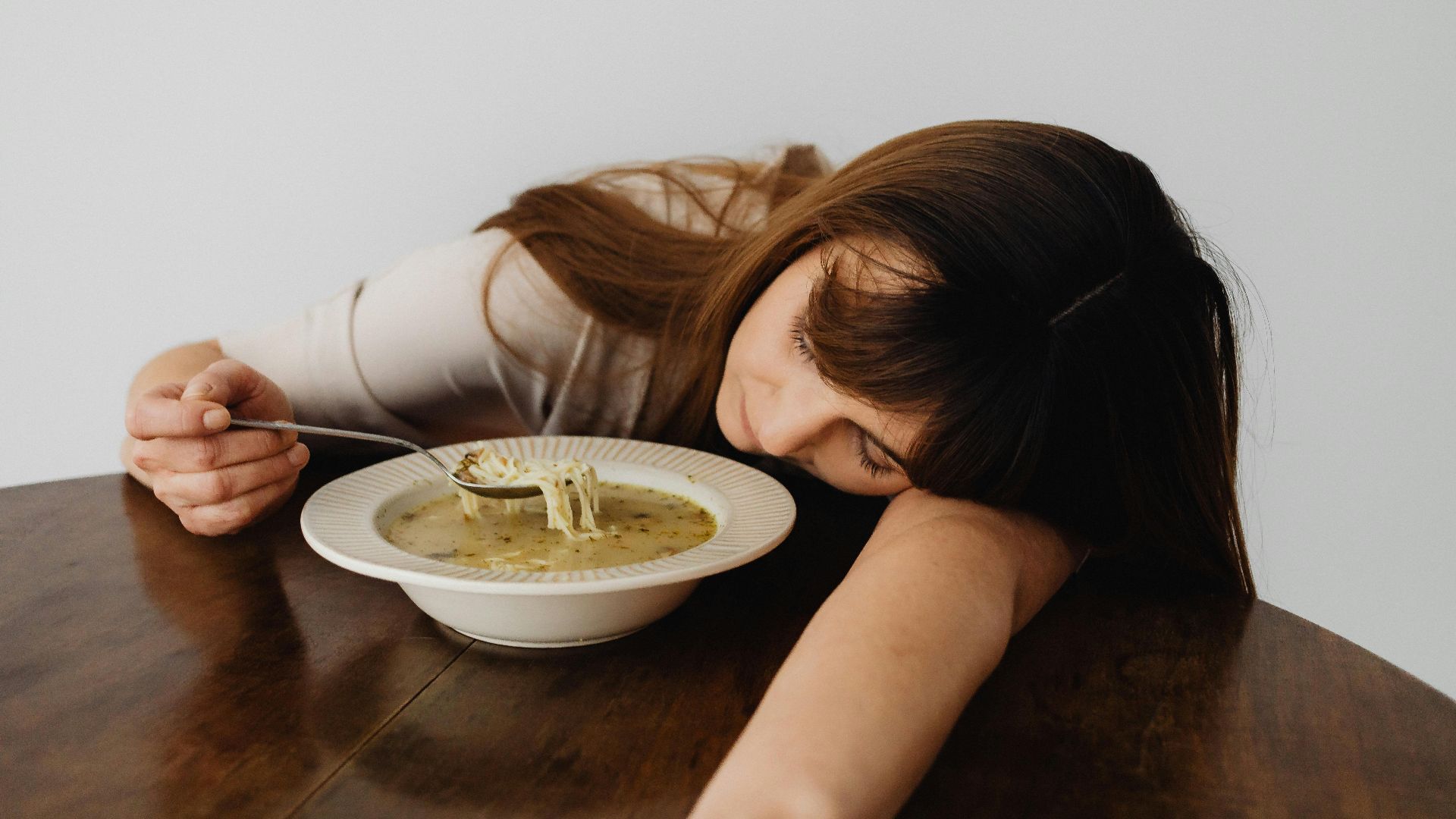 Photo By: Kaboompics.com on Pexels
Photo By: Kaboompics.com on Pexels
2. You Swear Off Certain Foods Without Cause
Have you sworn off foods without any legitimate reason? Unless your doctor advises otherwise, severe restrictions are a common sign of unhealthy relationships. Changing from white bread to whole wheat is one thing, but skipping lunch because you had toast for breakfast is something else entirely.
3. You Tend to Eat in Private
Unhealthy relationships can come with heavy shame or guilt, which encourages many people to deal with those emotions in private. Whether binging in your room or taking meals elsewhere, it can be a warning sign to opt for privacy at meal times.
4. You Need to “Burn Calories” Immediately
Sure, that slice of cake had more calories than we thought, but that doesn’t warrant immediate guilt. It’s often a bad sign if you think about burning calories right after you eat, and it’s especially worrying if you do it as a “punishment” for having “bad foods.”
5. You Think About Food All the Time
Everyone’s been excited about going to dinner or ordering pizza, but it isn’t normal to think about food 24/7. Preoccupation with food choices, such as obsessing over calories or worrying about past meals, can indicate something more serious.
6. You Eat Food to Cope
Tough breakups and stressful days warrant a scoop of ice cream—but it’s important to separate relief from dependence. Relying on food as a main coping mechanism isn’t healthy; it’s an even bigger cause for concern when binging only makes you feel worse.
7. You Eat Past The Point of Being Full
Health means listening to your body’s cues. If you frequently eat past the point of being full, it could be a sign that something needs to change. Remember that overeating happens away from the dinner table too; emotional eating or snacking when you aren’t hungry are also key signs of unhealthy relationships.
8. You Ignore Your Hunger
On the other hand, ignoring hunger signals is just as dangerous. Infrequent eating often signals problems between you and your food—some people skip meals if they feel they’ve overeaten whereas others can ignore hunger during crash diets.
9. You Obsess Over Dieting
It’s one thing to track progress on a weight loss journey. It’s another to obsess over calories, weight, and food. Crash dieting and even diet-hopping can easily result in an unhealthy relationship with food, often one centered around restrictions and nutrient deficiencies.
10. You Binge Without Realizing
Binge eating can feel pretty overwhelming, and it’s a telltale sign you struggle with food. It’s different from overeating; binge eating sees larger portions consumed in a short period, often followed by feelings of shame or even loss of control.
Now that we’ve covered signs of unhealthy relationships, let’s explore signs of a good one.
1. You’ve Talked to Someone
Our relationship with food is just as important as our relationships with loved ones. Talking to a professional opens the door to understanding and pinpoints the deeper reasons behind your relationship. You can also work on mindful eating or challenge negativity with safe coping techniques.
2. You Practice Mindful Eating
Mindful eating is more than just savoring each bite. It’s eating without any distractions, recognizing true hunger cues, and engaging all your senses. Good relationships see food as nourishment, not a stressor, and mindful eating is a safe, effective path toward a better connection.
3. You Separate Health From Weight
Diet culture and social media influencers want you to equate health with weight, but we know the truth by now—the two aren’t always synonymous. BMIs aren’t gospel anymore and it’s understood that genetics play a large part in our weight as well. While you can (and should) adopt healthier choices, it’s important to remember that “skinny” doesn’t always mean healthy.
4. You’re Kind to Yourself
Self-compassion is key, regardless of whether you’re trying to lose weight. It’s a good indicator of healthy minds and bodies, allowing us to respect ourselves and the journey we’re on. It’s also just good in general because you deserve a kind voice!
5. You Don’t Count Calories
It’s fine to focus on calories, but it’s not okay to obsess over them. Healthy relationships acknowledge the whole package; calories, nutrients, sodium, and vitamins all play a role in a balanced diet, and there’s a big difference between healthy choices and restricting foods altogether.
6. You Work in Snacks
There’s always time for a little treat—and there’s no need to punish yourself for indulging. Those with proper relationships understand that it’s all about moderation and enjoying what they eat. It’s a great sign when you eat a bowl of chips and don’t feel guilty afterward.
7. You Don’t Have “Good” or “Bad” Foods
Your morals shouldn’t tie into food. You didn’t do a “bad” thing by eating a snack and you didn’t do a “good” thing by ignoring true hunger. To maintain a healthy balance with food, it’s important to recognize it as fuel, not a basis for guilt or punishment, and those with proper relationships practice that.
8. You Allow Yourself to Eat
A bigger breakfast than usual doesn’t warrant skipping lunch. We need to eat to keep our bodies healthy, provide ourselves with nutrients, and keep us energized throughout the day. Proper relationships with food don’t entail removing it.
9. External Factors Don’t Sway You
A good relationship means ignoring external factors like celebrity standards or diet culture. We’re each on our own path towards health and detrimental influence does more harm than good.
10. You Listen to Your Body’s Cues
Our bodies tell us when it’s time to eat and when it’s time to stop, and proper relationships with food encourage those signals. Being aware of your eating habits not only improves your health, but also boosts your confidence and understanding of your body’s cues.
KEEP ON READING




